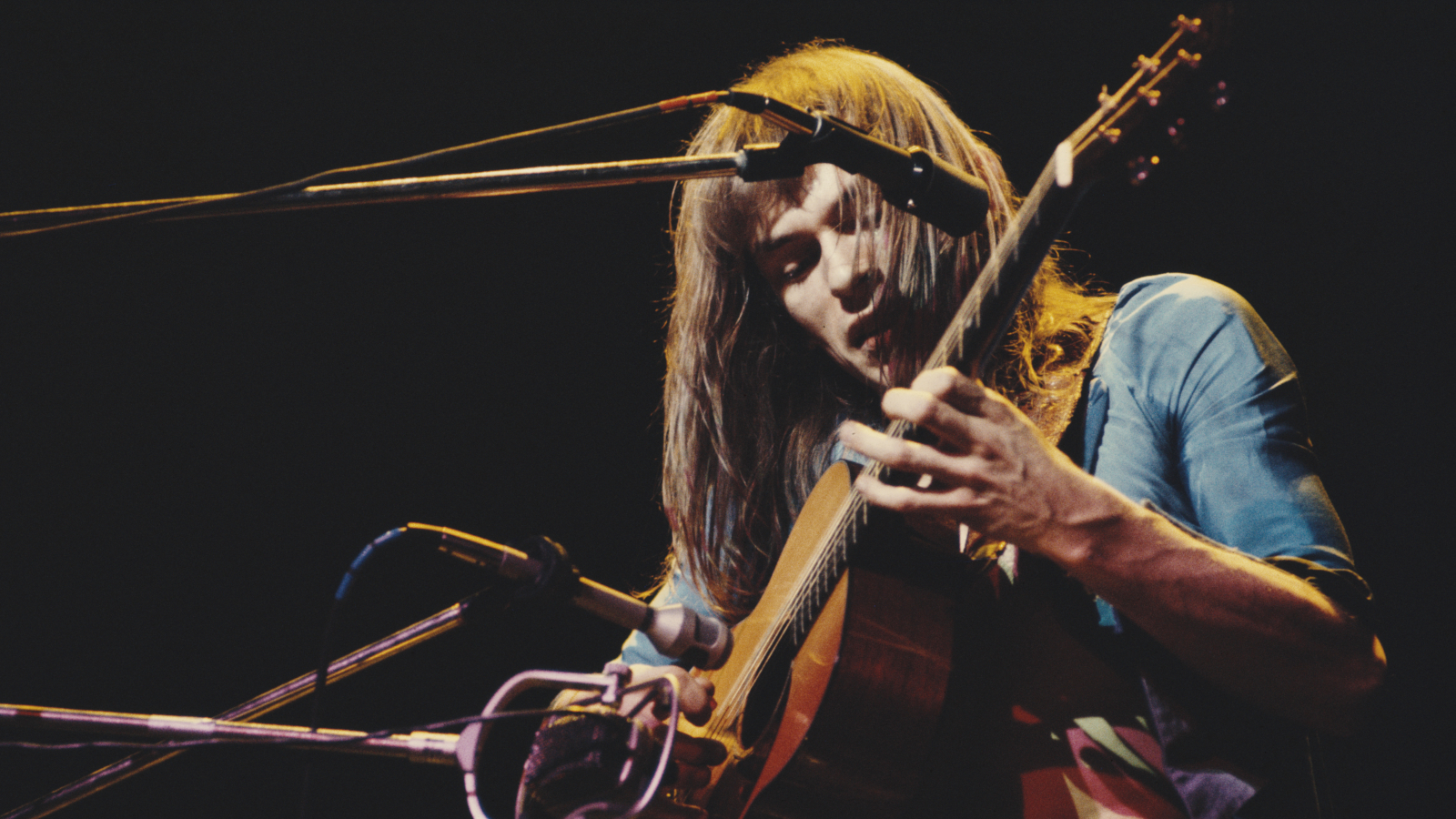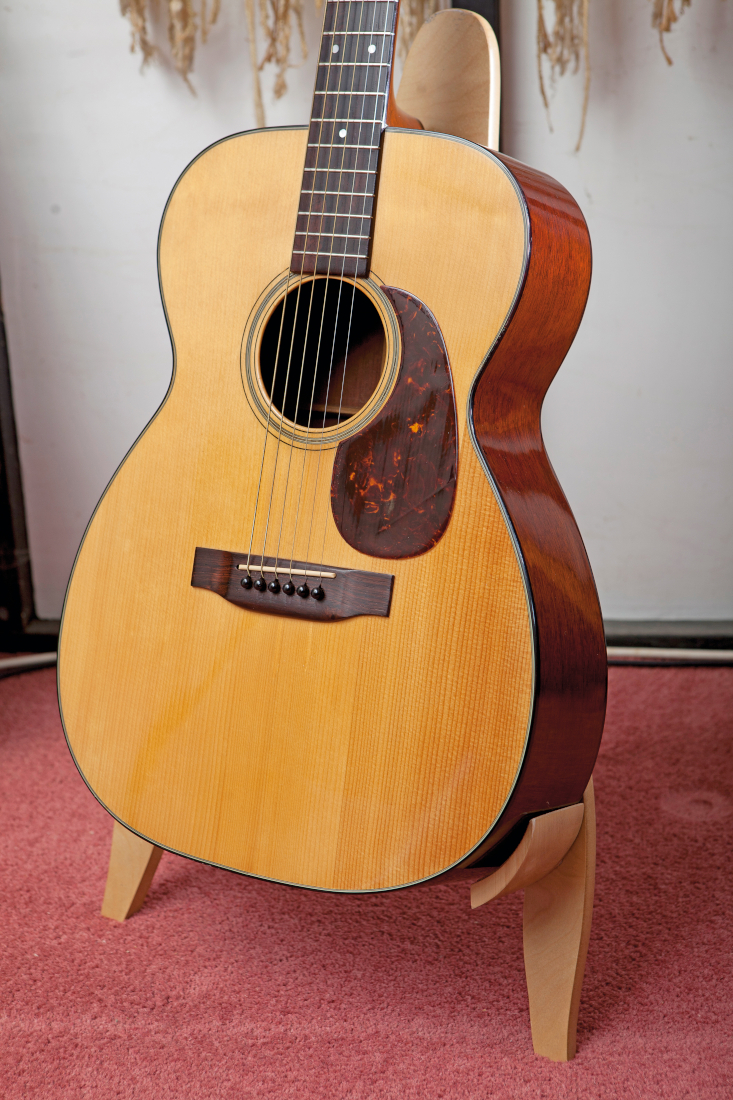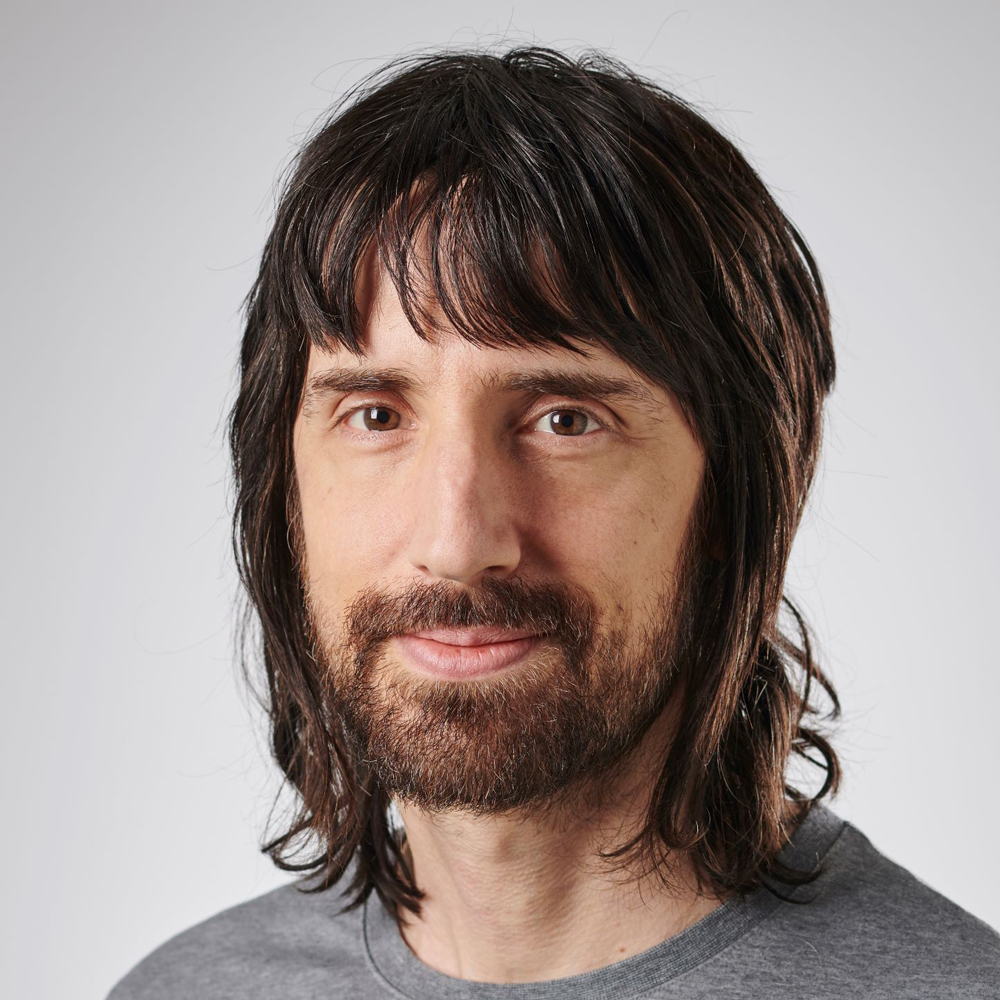Watch Steve Howe’s Jaw-Dropping “Clap” Instrumental Solo Performance
The legendary Yes guitarist gives an energized live rendition of his timeless acoustic guitar number in this classic clip

Back in 1970, Yes retreated to the serenity of the English countryside and stayed in an old farmhouse where they finished off writing and rehearsing a majority of the music for 1971’s The Yes Album.
Following the departure of founding guitarist Peter Banks in 1970, it was the band’s first album to feature Steve Howe, and his creative juices were flowing.
On sunny days before rehearsals, Howe wandered the fields with his 1953 Martin 00-18 acoustic guitar. Armed with a cassette recorder, he would make notes of ideas that sprang forth. “I composed a lot of pieces that would later infiltrate the band's music,” he recalled.
With a body width of 14 5/16-inch, Martin’s 14-fret 00-size flat-tops are not only comfortable to play for many, but they often project a deep, clear tone that belies their smaller dimensions (by comparison, a 14-fret Dreadnought/D-size guitar measures 15 5/8-inch across).
A mainstay of Howe’s collection, his ’53 Martin 00-18 was used to compose most of Yes’s acoustic numbers. Such was his dedication to the instrument that, in 1999, Martin released the 00-18SH signature model.
“Martin have been amazing,” Howe told this writer. “I’m delighted to have a great working relationship with them. I have a ’53 00-18 and they brought out the 00-18SH [Steve Howe] based on that, which is a very nice guitar.
"Then they brought out the MC-38 Steve Howe, which is a signature model based on the MC-28 – a guitar I played for many years.”

In addition to the acoustic ideas gathered from his sunny jaunts, Howe presented the band with his first country-picking guitar instrumental. It would soon prove highly significant for him while featuring as a solo track on The Yes Album titled “Clap.”
“Bill [Bruford] and I came up with the title,” recounts the guitarist in his autobiography, All My Yesterdays. “But then Jon [Anderson] announced it on the live recording as ‘The Clap’ which, unfortunately, stuck for quite a while.”
Recorded live at London’s Lyceum Theatre on July 17, 1970, and appearing as the second track on The Yes Album, “Clap” was dedicated to his son, drummer Dylan Howe, who was born the previous year. (Interestingly, Howe later honored fellow Martin 00-18 endorsee Bob Dylan with the Portraits of Bob Dylan tribute album).
Howe’s recollection of his Yes debut solo composition was that it felt, “earth-shattering inside, because suddenly I was an independent person.”
And in this live clip from the Yes concert film Yessongs, his excitement for the music is palpable as he digs into his 00-18, treating London’s Rainbow Theatre to one of the best renditions of “Clap” ever captured on tape.
Get The Pick Newsletter
All the latest guitar news, interviews, lessons, reviews, deals and more, direct to your inbox!
Rod Brakes is a music journalist with an expertise in guitars. Having spent many years at the coalface as a guitar dealer and tech, Rod's more recent work as a writer covering artists, industry pros and gear includes contributions for leading publications and websites such as Guitarist, Total Guitar, Guitar World, Guitar Player and MusicRadar in addition to specialist music books, blogs and social media. He is also a lifelong musician.
“We’d heard Jimi Hendrix, we'd heard the Who, but now we finally got to see these guys. And watching Jimi Hendrix burn his guitar….” Grace Slick on Hendrix at Monterey, Jefferson Airplane and the Spanish origins of “White Rabbit”
“I’m still playing but I’m covered in blood. Billy’s looking at me like, ‘Yeah! That’s punk rock!'” Steve Stevens on his all-time worst gig with Billy Idol — and the visit to Jimi Hendrix's grave that never happened










